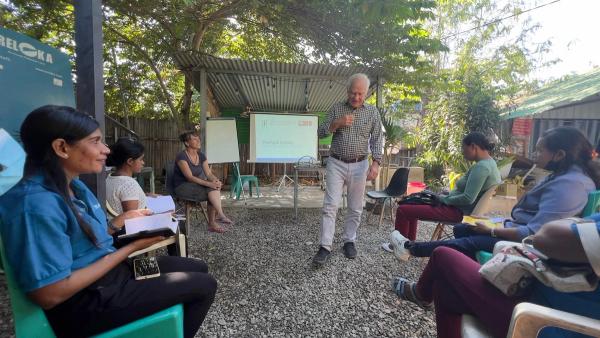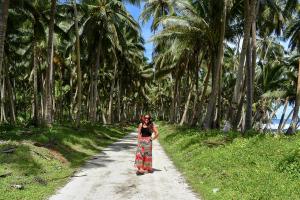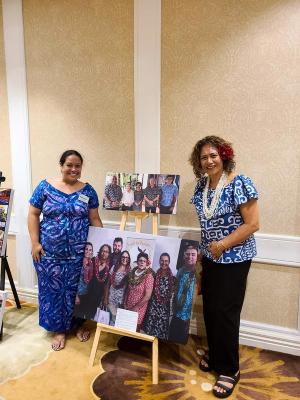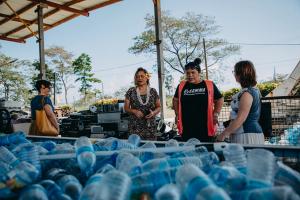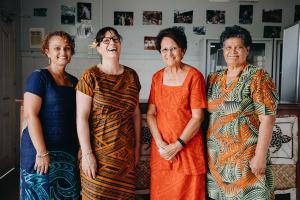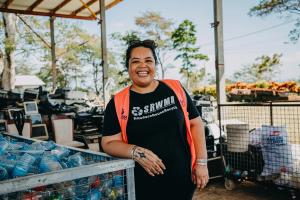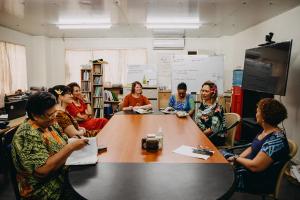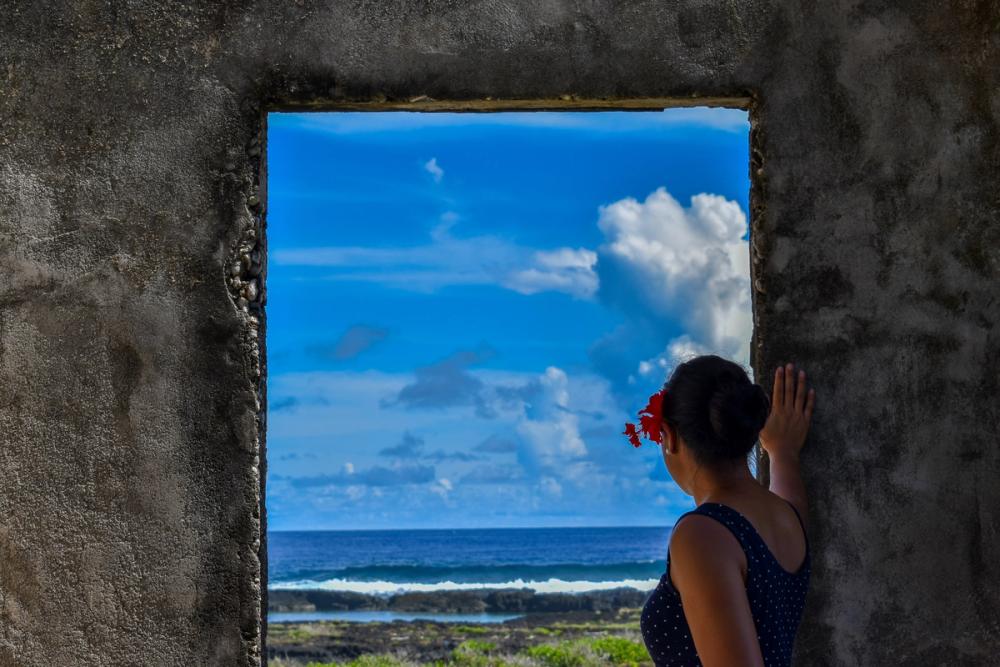

Samoa
Tradition, Resilience, and the Spirit of Fa’a Samoa
Samoa, formerly known as Western Samoa, is a Pacific island nation known for its strong cultural identity, deep sense of community, and breathtaking natural landscapes. Located midway between Hawaii and New Zealand, Samoa comprises nine volcanic islands, with Upolu and Savai’i making up 99% of the land area. The country’s population of around 195,000 lives predominantly on Upolu.
Samoa’s governance is shaped by both Western-style parliamentary systems and traditional social structures. The fa’a Samoa (Samoan way) governs daily life, with extended families represented by matai (chiefs) on village councils. The Christian faith plays a significant role in social and cultural life. The country is also highly vulnerable to environmental threats, including cyclones and tsunamis.
Our Work in Samoa
VSA’s partnership with Samoa began in 1963 with our first volunteer placement in Apia. While the early focus was education, today our assignments span a wider set of priorities. Our programme contributes to Samoa’s development goals in areas such as:
1
Tourism, agriculture, and fisheries
Supporting sustainable primary production and community-based tourism initiatives.
2
Environmental sustainability and disaster preparedness
Building local resilience in the face of climate and natural hazard risks.
3
Community and youth development
Fostering leadership, participation, and opportunities for young people.
4
Empowerment of vulnerable communities
Addressing inequality through inclusive policies and systems.
5
Health and education
Strengthening service delivery through skills sharing and capacity development.
Economic Context
Samoa’s economy relies heavily on agriculture and fisheries, with major exports including coconut products, fish, and beer. Remittances from overseas Samoans are a key income stream.
Tourism is a growing sector, although vulnerable to climate and global market changes. Samoa faces challenges related to geographic isolation, natural disasters, and limited infrastructure—especially in rural areas.
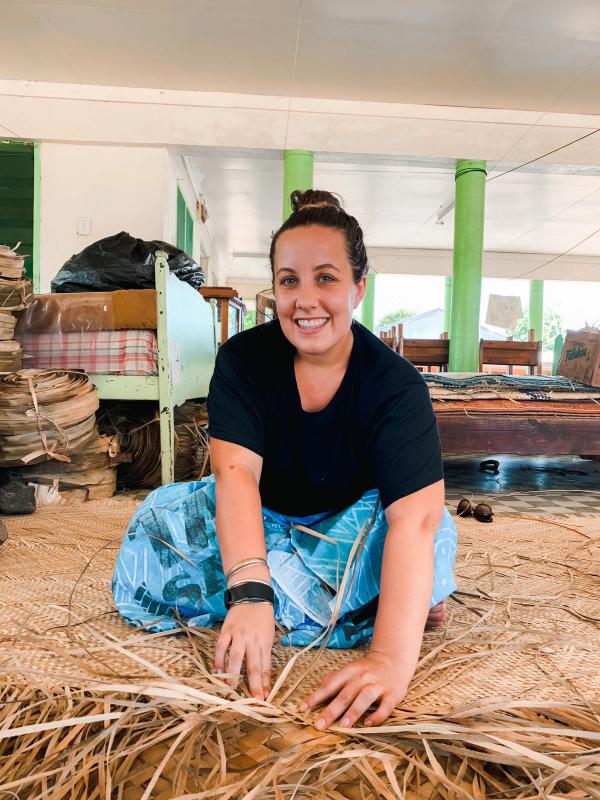

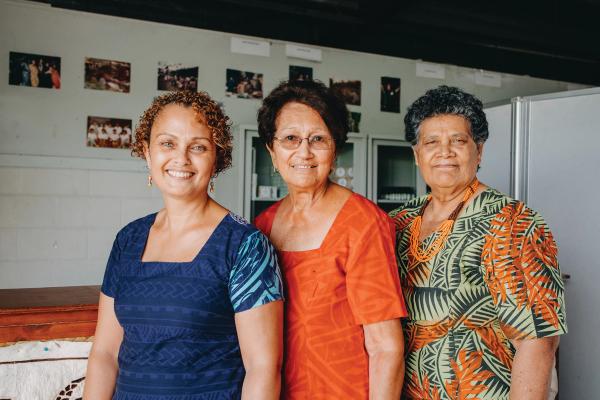

Development challenges
Samoa continues to make progress in human development but still contends with several key issues:
- Vulnerability to cyclones, tsunamis, and climate change
- Economic reliance on remittances and limited industry diversification
- Healthcare and education access in remote areas
- Land ownership complexities and rural development
- Gender disparities and the need for greater inclusivity
VSA’s work supports local solutions to these challenges by strengthening institutions, empowering communities, and working in harmony with the fa’a Samoa way of life.
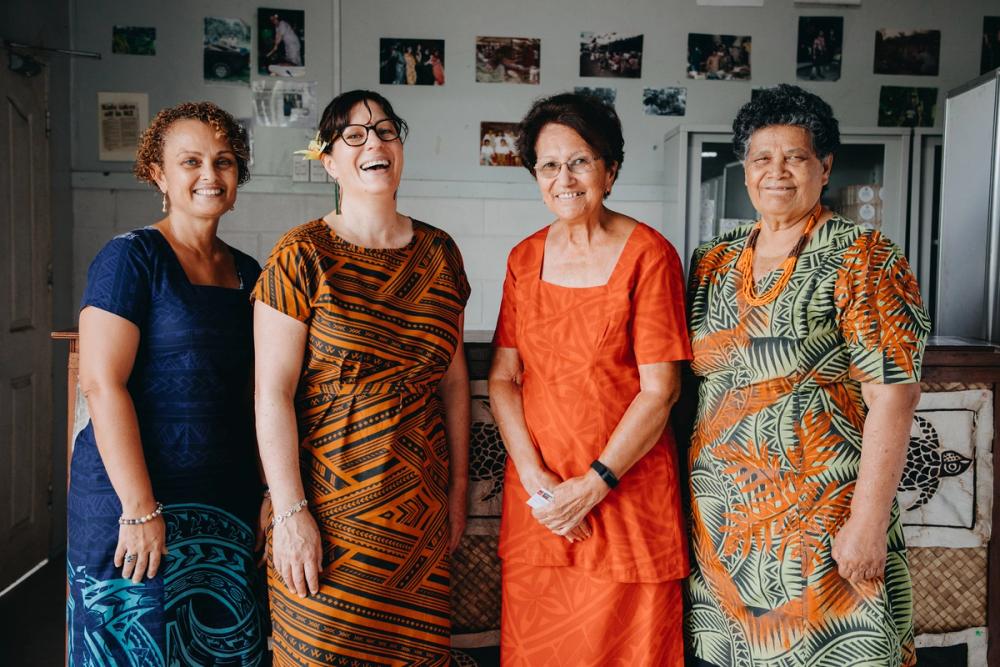

Things to consider when living and volunteering in Samoa
1
Language and culture
VSA has a mix of short- and longer-term assignments in Samoa. While English is widely spoken, gaining knowledge of the local language is important. We provide basic language training at the start of assignments with follow-ups if necessary, during the assignment.
Understanding local customs (fa’asamoa) is vital to a successful assignment. Samoa is a deeply religious country. Most meetings, even in a professional setting, will have an element of religion to them depending on who is leading the organisation. The matai system, or Samoan chiefly system that governs the aiga potopoto (extended family) is an important part of Samoan culture. Most Samoans live communally with fanua (land) as an integral part of the extended family. Samoans are generally very generous as the people hold reciprocity highly as it confirms that they will never ‘lack’ anything.
2
Housing and living conditions
We provide volunteers with basic, furnished accommodation. Volunteers will have access to telephones, internet, restaurants, public transport system and 24-hour power although power outages are a regular occurrence. Volunteer housing will likely have gas facilities for cooking. Samoa has the same electrical plug socket and voltage as New Zealand. Mains water supply may be fine for drinking, but volunteers will often boil water, use a purifier or drink bottled water to be safer from contaminants.
3
Dress standards
Samoa has a big expatriate community, and most are used to seeing western ways of dressing, with many locals dressing very similarly. However, it is important to remember that you are a volunteer with a different motivation for living and working in Samoa than most expatriates. We encourage our volunteers to dress conservatively. Loose fitting, light, cotton clothing is best. Dresses, skirts and t-shirts are commonly worn – sleeveless is acceptable.
The traditional clothing for Samoan women is the puletasi (matching top and ankle length lavalava). Volunteers can purchase these outfits from the markets or most clothing or fabric shops in town. The puletasi can also be made very cheaply by local tailors. It is advisable not to expose skin above the knee, especially when attending traditional events. For men, choose long pants, knee-length shorts and short-sleeved shirts. Traditional wear for men is the ie faitaga or ie sulu (a wrap-around lavalava) and island shirt. The ie faitaga and island shirts can be purchased at the market or most shops in town or made to measure at clothing shops in town.
Mosquito nets, repellents, and long clothing are advisable in rural areas. Samoa is generally safe, but caution should be taken when walking alone, especially at night. Always seek permission before entering private or communal land.
4
Health
Precautionary measures are recommended, such as insect repellent and long sleeves/ trousers in the evening if outside and a mosquito net if you are staying in villages. Skin infections can develop quickly so have a good supply of plasters, antibiotic cream and antibiotics. There are public hospitals in both Upolu and Savaii complete with a qualified dentist. Although you should have adequate health care in-country you will need to be responsible for managing your own health while on assignment.
For men: long pants, knee-length shorts, short-sleeved shirts, or the ie faitaga and island shirts. These garments can be purchased or made locally. Avoid showing skin above the knee, particularly at formal or traditional events.
5
Safety
We provide all selected volunteers with a thorough security briefing and specific local issues are covered prior to your departure. In general, there are no problems moving around. Land ownership is complex in Samoa and strangers cannot wander freely through private or empty land without first seeking permission. Take care when walking alone and avoid this at night.
6
Banking and Finances
Banks are found in Apia - Westpac, ANZ, and the Bank of the South Pacific. You can open a local bank account once you arrive in Samoa where monthly living allowances are paid into. You will find ATMs in town with an increasing number of shops also having EFTPOS machines. Some hotels/guest houses accept foreign credit cards. The local currency is the tala. Visit oanda.com for current exchange rates.
7
Cell phones and email
Samoa has two cellular providers, Blue Sky and Digicel. Coverage is generally good within urban areas but fades quickly as you move to rural locations.
Internet connections are widely available at reasonable speeds. Internet cafes are available in town with wireless ‘hotspots’ around businesses and hospitality complexes.
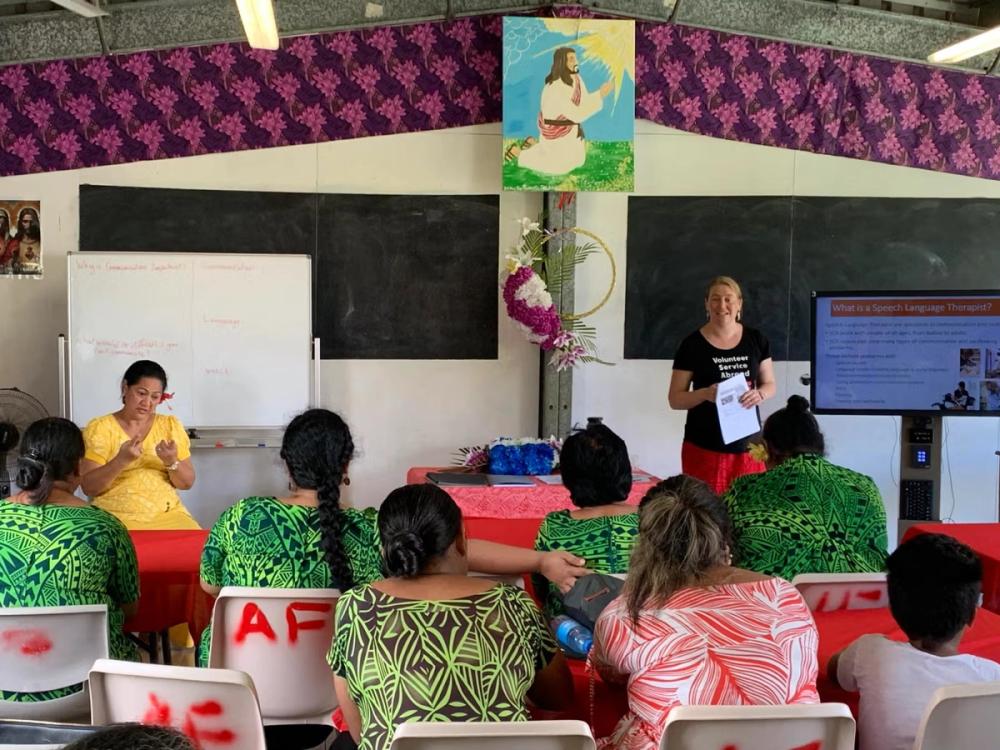

Gaining a new perspective
Open positions
Let’s work together to create meaningful change.
Want to become a partner?
We work in partnership with government agencies, NGOs, and community groups to share skills, strengthen systems, and support locally driven development.
If your organisation could benefit from volunteer expertise in areas like education, health, agriculture, governance, or climate resilience—we’d love to hear from you.
